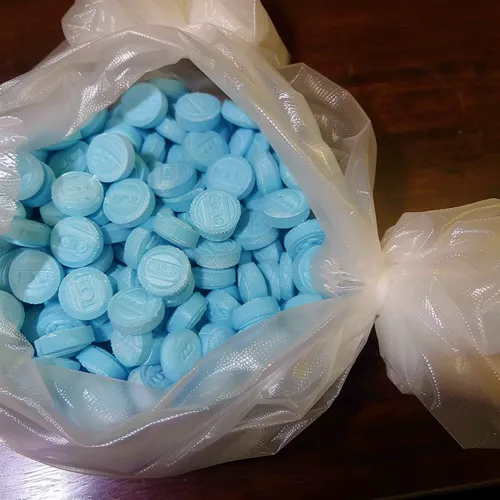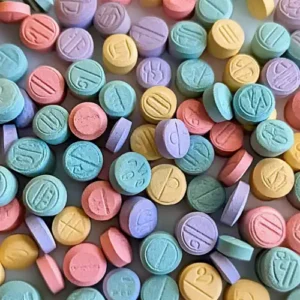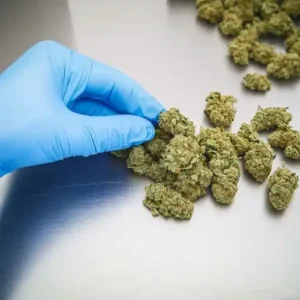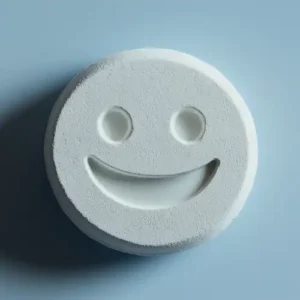Fentanyl is an extremely potent synthetic opioid that is prescribed to treat severe pain, but it is also being misused at alarming rates. Many people develop a substance use disorder related to fentanyl after being prescribed it. Others seek it out illegally. Let’s explore why fentanyl is so dangerous, how long it stays in your system, and how to safely stop using it if you have developed an addiction.
Why Is Fentanyl So Dangerous?
Fentanyl is estimated to be 50-100 times more potent than morphine. Even tiny doses can be lethal. What makes fentanyl particularly high-risk is that powdered fentanyl is increasingly being mixed with other drugs like heroin, cocaine and counterfeit pills without the users’ knowledge.
Additionally, when combined with other central nervous system depressants like alcohol or benzodiazepines, the risk of overdose and death rises exponentially. It does not take much fentanyl at all to slow or stop someone’s breathing, leading to hypoxia, brain damage or death. Many tragic overdoses occur because people do not realize they are taking fentanyl.
How Long Does Fentanyl Stay in Your System?
Though fentanyl’s initial effects may only last a few hours, it can be detected in the body for much longer through urine or blood tests. Traces can be detected for 1-4 days after last use for occasional users. For those who use fentanyl regularly, it may show up on tests for 7-10 days or even longer.
The more fentanyl that was taken, the longer it will remain in the system. Other factors like frequency of use, body mass, age, genetics and liver or kidney function all play a role as well.
What Happens if You Take Too Much Fentanyl?
Overdoses from fentanyl can onset remarkably fast. Indications that someone is experiencing an overdose include:
- Severely slowed, shallow or stopped breathing
- Dazed, unconscious or comatose state
- Pale, cold, clammy skin
- Constricted pupils
- Slow pulse and low blood pressure
If you suspect an overdose, call 911 immediately. Administer naloxone if available while waiting for emergency responders, as it can rapidly reverse the effects of opioids. Stay with the person to monitor their breathing until help arrives.
How To Safely Stop Using Fentanyl
People dependent on fentanyl should not attempt to quit cold turkey. Withdrawal can be extremely uncomfortable, producing symptoms like muscle aches, anxiety, nausea, diarrhea and more. More importantly, the risk of relapse is very high without proper treatment.
Medical detox in a facility with 24/7 monitoring and medications to ease symptoms is recommended for fentanyl withdrawal. This is followed by enrollment in an inpatient or outpatient addiction treatment program.
Recovering from opioid use disorder often requires both therapy and continuing medications like buprenorphine, naltrexone or methadone. The combination of medications and behavioral therapies like cognitive behavioral therapy (CBT) has the highest success rates for overcoming fentanyl addictions long-term.
If you or a loved one is struggling with fentanyl, reach out for help today. Trained treatment professionals can help you detox safely, get started on recovery and learn to rebuild your life substance-free. There are many reasons to be hopeful. With dedication and support, long-term recovery is absolutely possible.
Photo: “Fentanyl” by Anthony Cunningham for Zoom Testing
Zoom Testing is a leading UK drug testing company and a supplier of Drug Test Kits.





